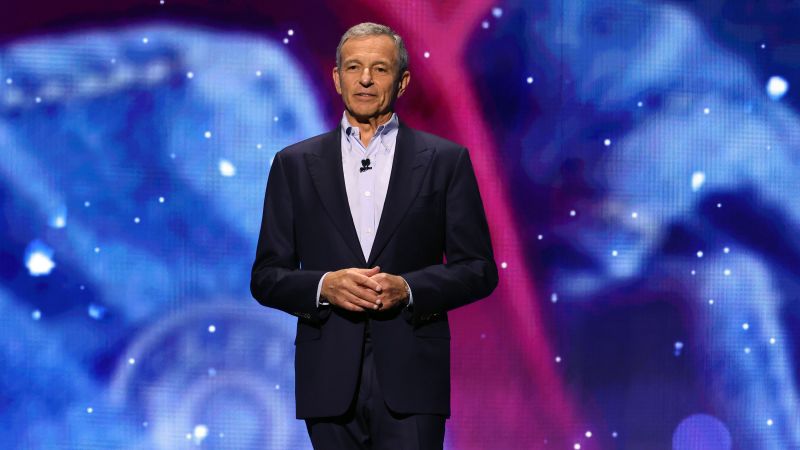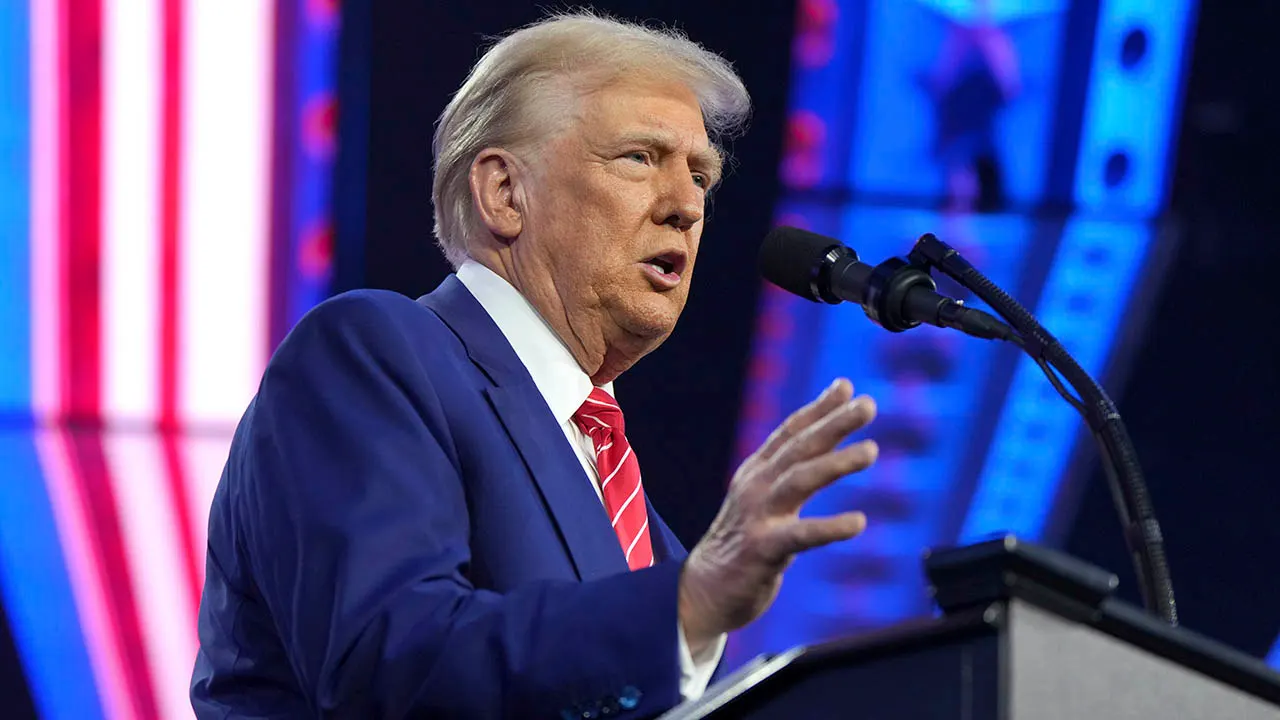
At ABC’s annual presentation for advertisers last year, Jimmy Kimmel looked over to his boss, Disney CEO Bob Iger, and made light of Iger’s return to the company after stepping down from the CEO post in 2020.
“Bob Iger, this guy, he should be retired by now,” Kimmel joked. “You should be off on a yacht somewhere!”
Seriously, though, that yacht probably sounds pretty good to Iger right now. Remaining in retirement wasn’t really an option for the restless Iger. But some fellow execs are wryly wondering if he regrets being back on top right now.
Iger, 74, who once wanted to run for president against Trump, is in a no-win situation with Kimmel on one side, Trump on the other, and Disney’s reputation at stake. Three full days have now passed without a publicly announced resolution.
Walt Disney’s original vision was all-American, right down to the flags along Main Street USA, and the company now exports Americana all around the world. But you know what else is all-American? The First Amendment. And Kimmel’s suspension amid government pressure has turned Disney into a movie-ready villain in the eyes of many consumers.
Disney so cherishes its squeaky-clean brand that it doesn’t even let trash linger on the ground at Disneyland. But now there are free speech protesters picketing outside the theme park. One sign at last night’s rally in Anaheim called it “the happiest place on Earth — as long as you comply.”
Here’s what’s weighing on Disney
“ABC stands for Always Be Caving,” Bill Maher said on “Real Time” last night, calling to mind his own experience being canceled by the network in 2002.
While I’m skeptical that the calls to boycott Disney+ and Hulu will really hurt the company’s bottom line, the anti-ABC protests and ongoing news coverage reflect the possibility of long-term reputational damage. Every single reliable poll shows that a majority of Americans disapprove of Trump. Media brands that cave to Trump, or appear to do so, risk alienating a huge swath of the American audience.
As ad industry analyst Brian Wieser put it, media outlets that “more aggressively self-censor going forward may turn off viewers who will further shift their current affairs consumption towards digital platforms” — including Substack, Bluesky, YouTube and the like. In other words, capitulating to Trump can accelerate the erosion of broadcast TV.
Iger, Dana Walden and other Disney execs are surely aware of this. They’re aware that Disney employees are perturbed, Hollywood showrunners are outraged, and some of their friends and family members are horrified about what’s happening in America right now.
But Iger and Co. are also aware that Disney needs government approval for pending deals like ESPN’s pact with the NFL; that its station partners are in the same boat; and that crossing Trump can have severe financial consequences. Plus, Kimmel’s contract is expiring soon, and late-night TV is a rapidly shrinking business.
I keep trying to emphasize that the Trump administration has limited power to actually follow through on threats to station licenses. Ex-Disney CEO Michael Eisner was accurate yesterday when he called the threats “aggressive yet hollow.”
But that doesn’t change the fact that Disney is a “huge company with a lot of businesses and a lot of things that it works with and relies on the federal government for,” as Morningstar analyst Matthew Dolgin told The Washington Post. And as veteran TV reporter Joe Adalian points out in this Vulture column titled “Iger’s Choice,” two “Trump-loyal station groups” may not budge when it comes to Kimmel.
So if there is a way for Iger to “win” here, I sure don’t see it.



